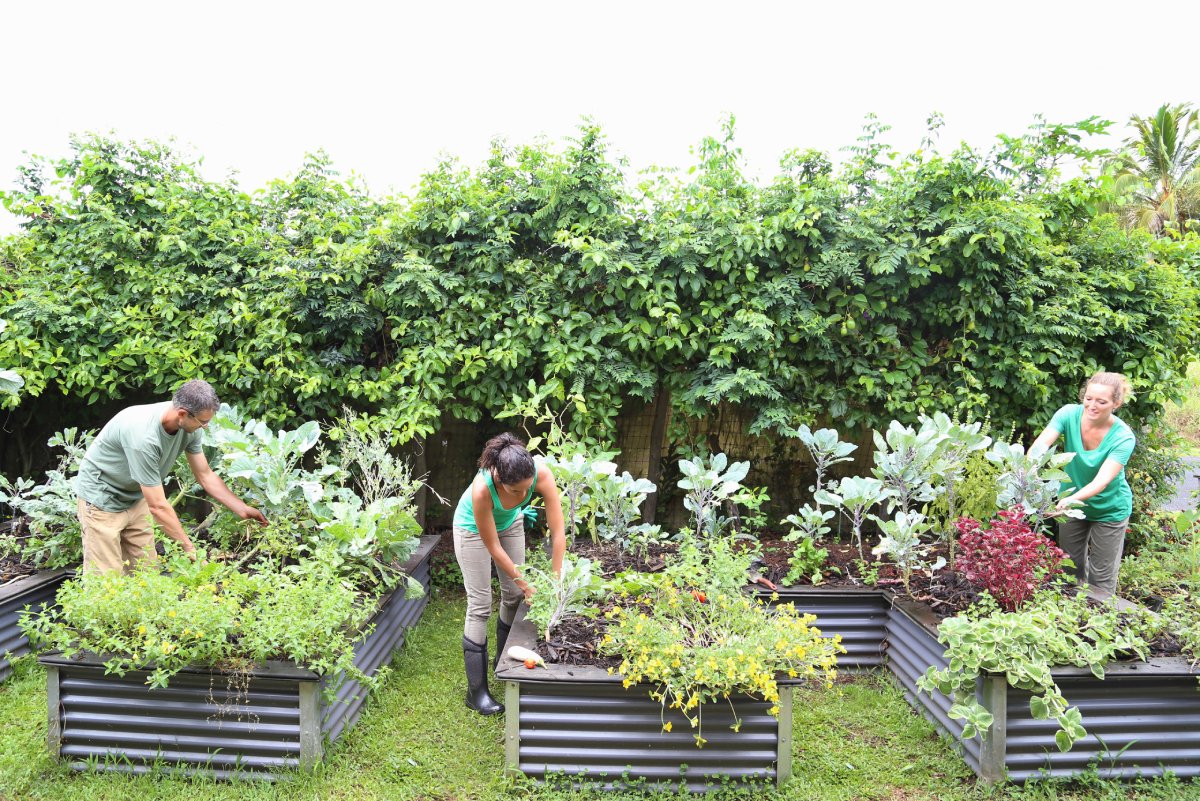Creating a sustainable garden is not just about aesthetics—it’s about making practical choices that benefit your home and the environment. Here are 25 smart ways your garden can enhance your home’s sustainability.
1. Grow Your Own Food
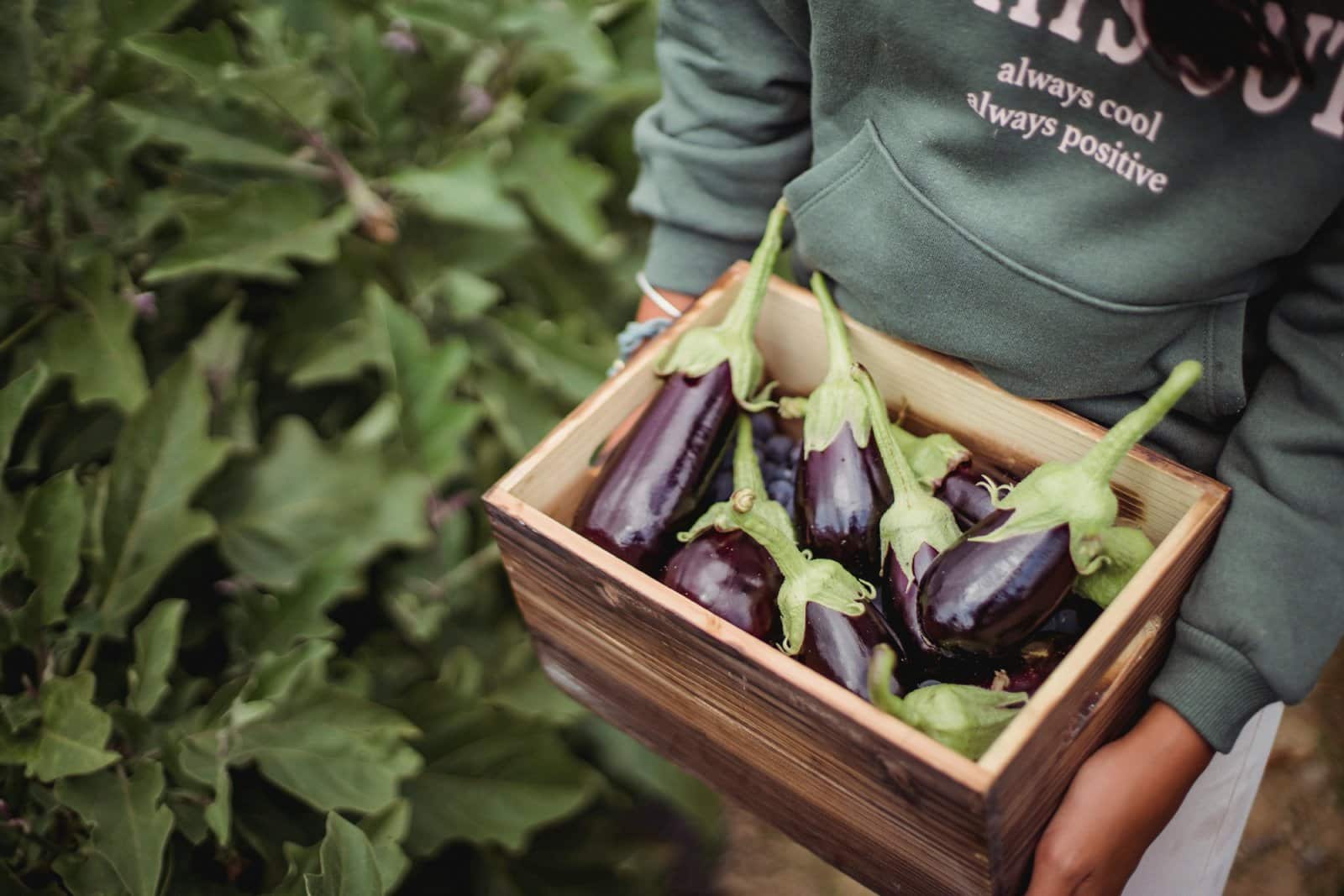
Planting vegetables, fruits, and herbs reduces your grocery bill and carbon footprint. Fresh, home-grown produce also tastes better and is free from harmful pesticides.
2. Compost Organic Waste
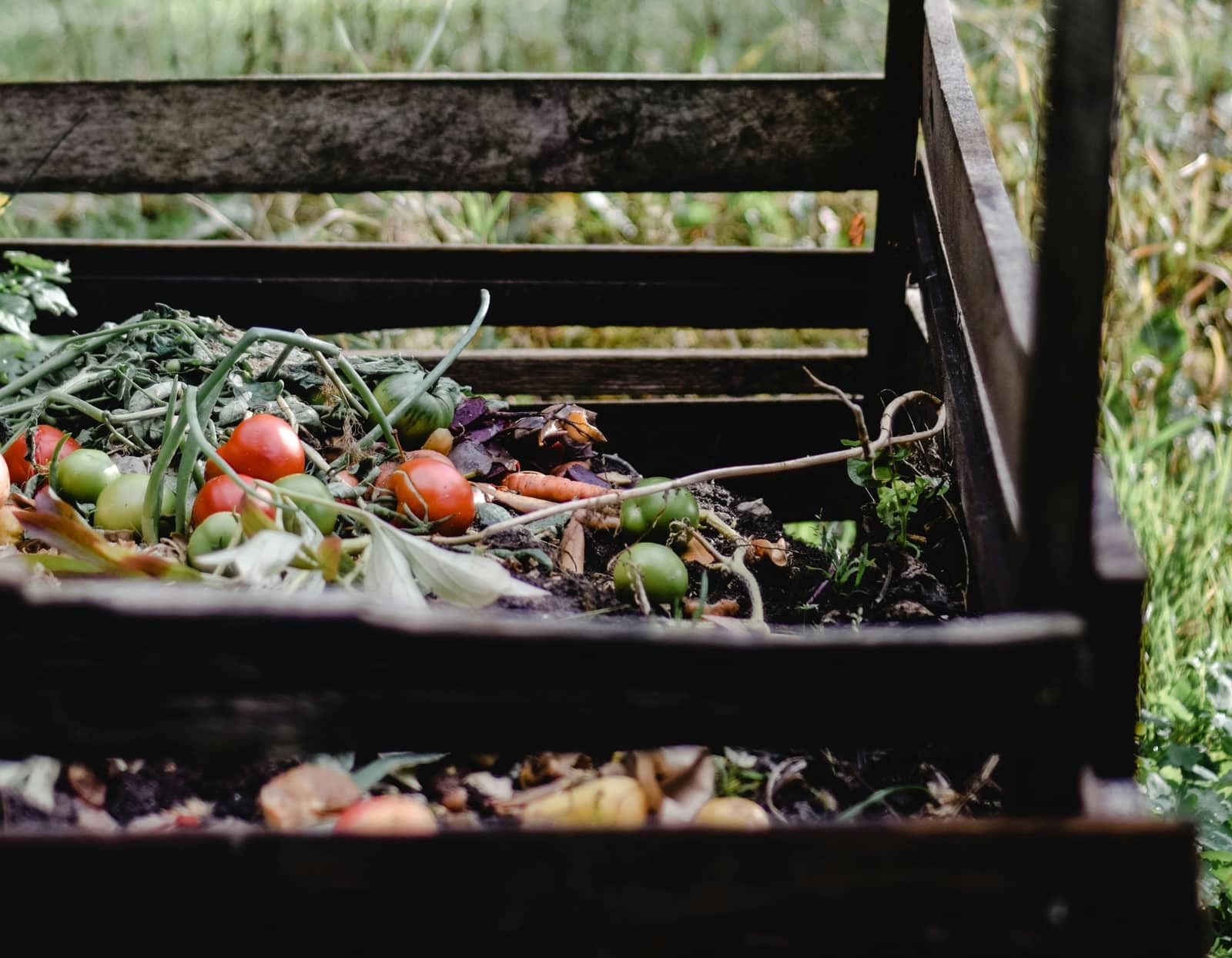
Composting kitchen scraps and garden waste creates nutrient-rich soil. This reduces landfill waste and provides a natural fertilizer for your plants.
3. Harvest Rainwater
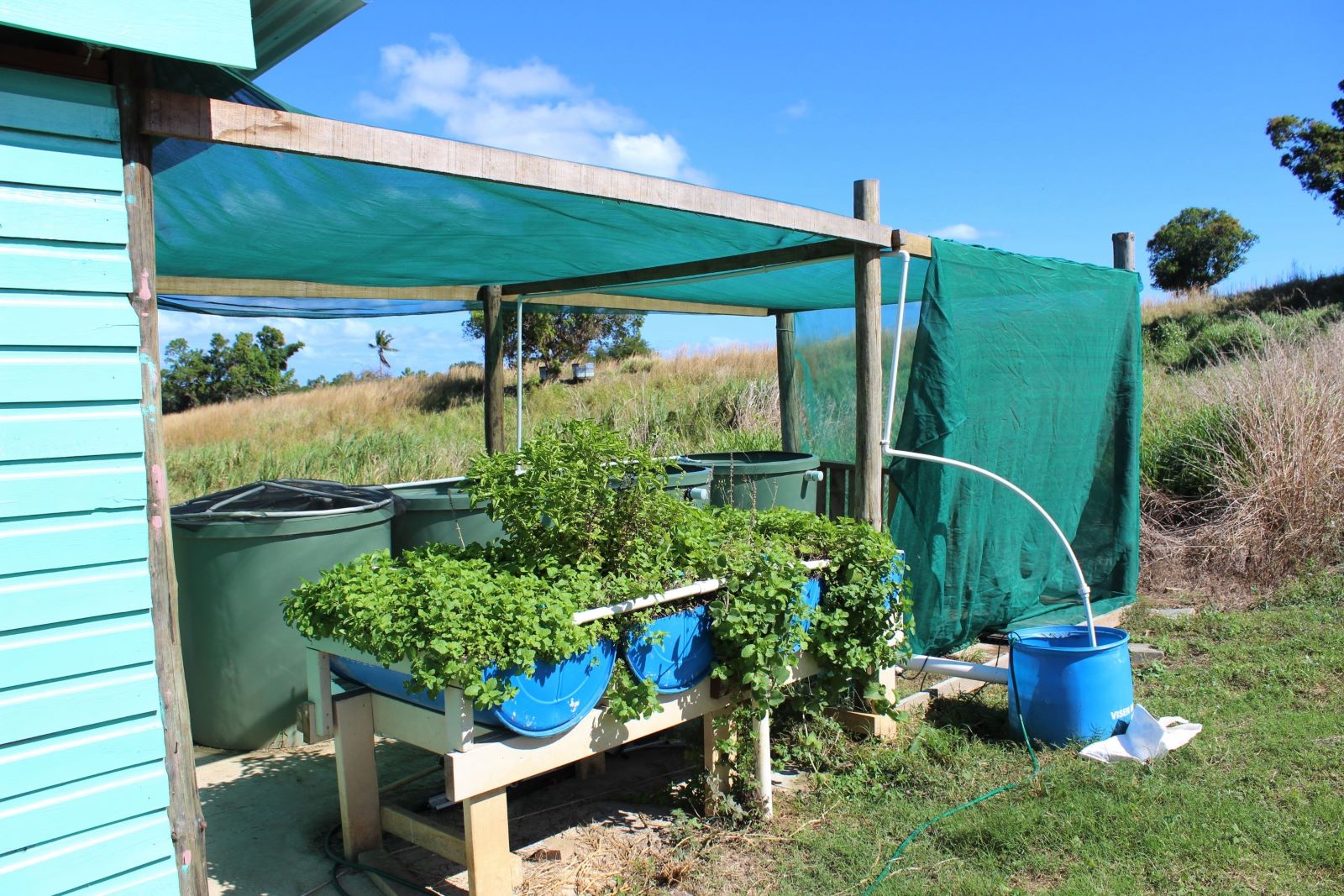
Collecting rainwater in barrels can significantly reduce your water usage. Use this water for irrigation and save on your water bill.
4. Plant Native Species
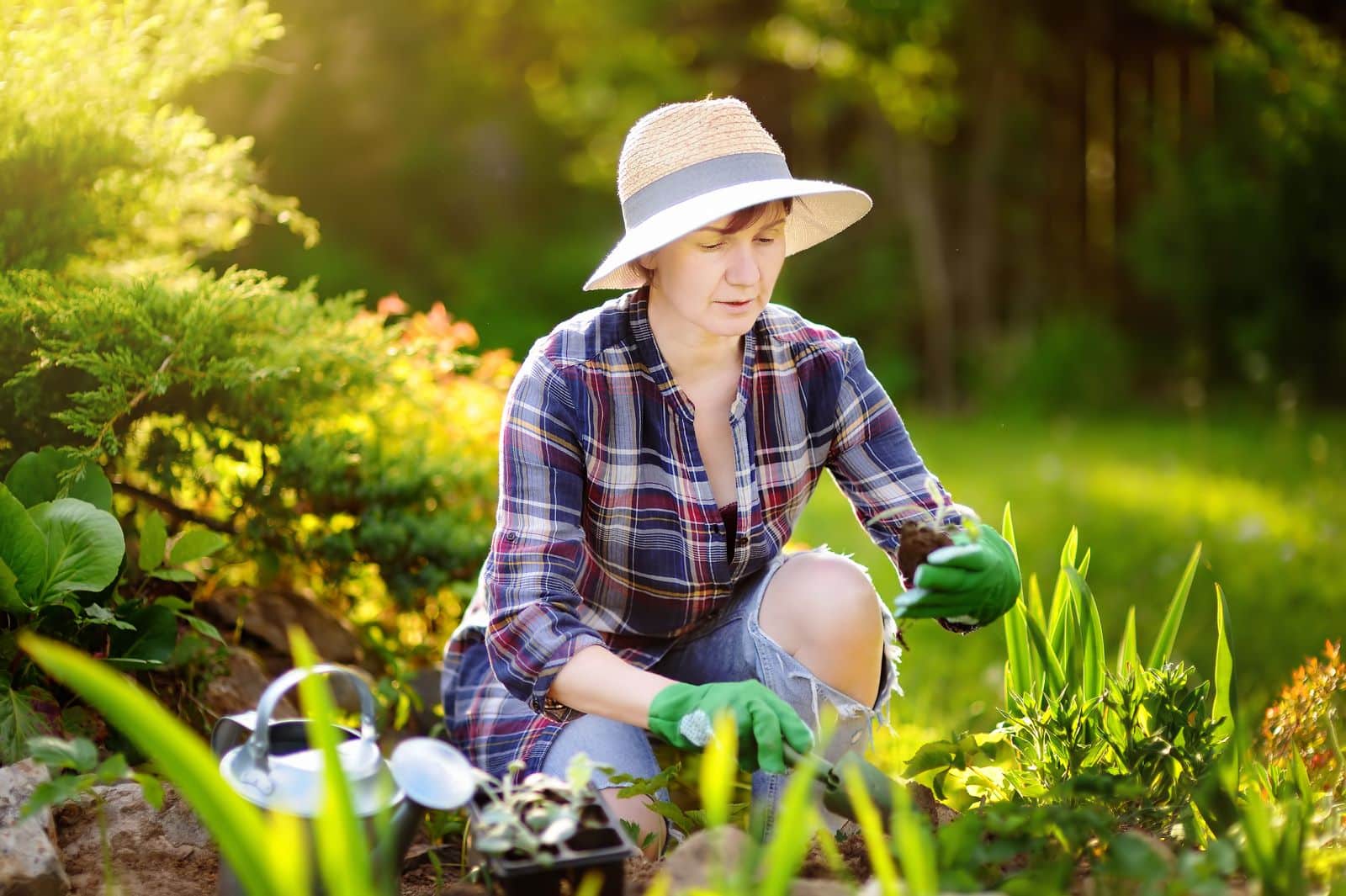
Native plants require less water and are more resistant to local pests and diseases. This reduces the need for chemical fertilizers and pesticides.
5. Create a Pollinator Garden
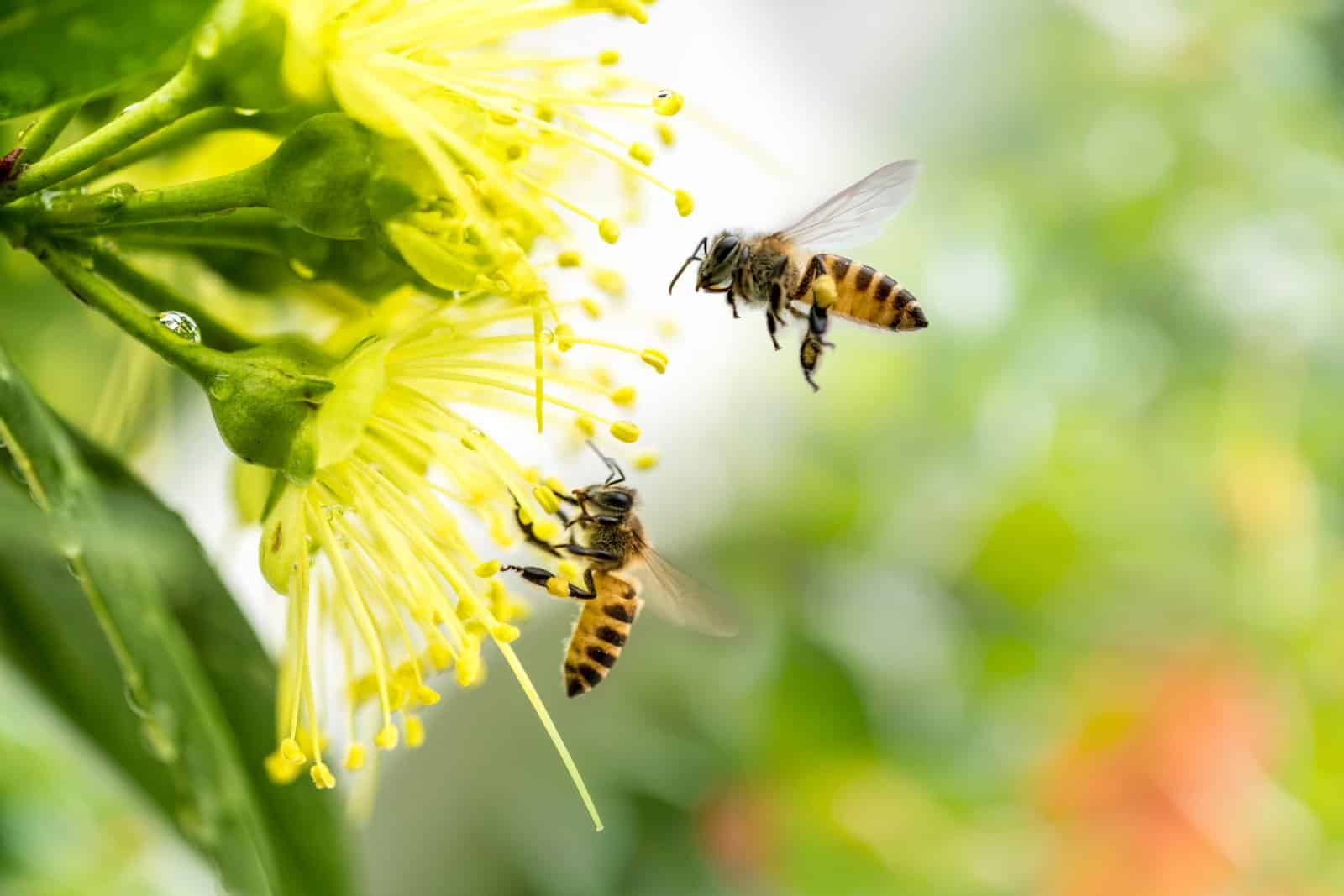
Attract bees, butterflies, and other pollinators by planting a variety of flowering plants. Pollinators are essential for a healthy ecosystem and help your garden thrive.
6. Use Mulch
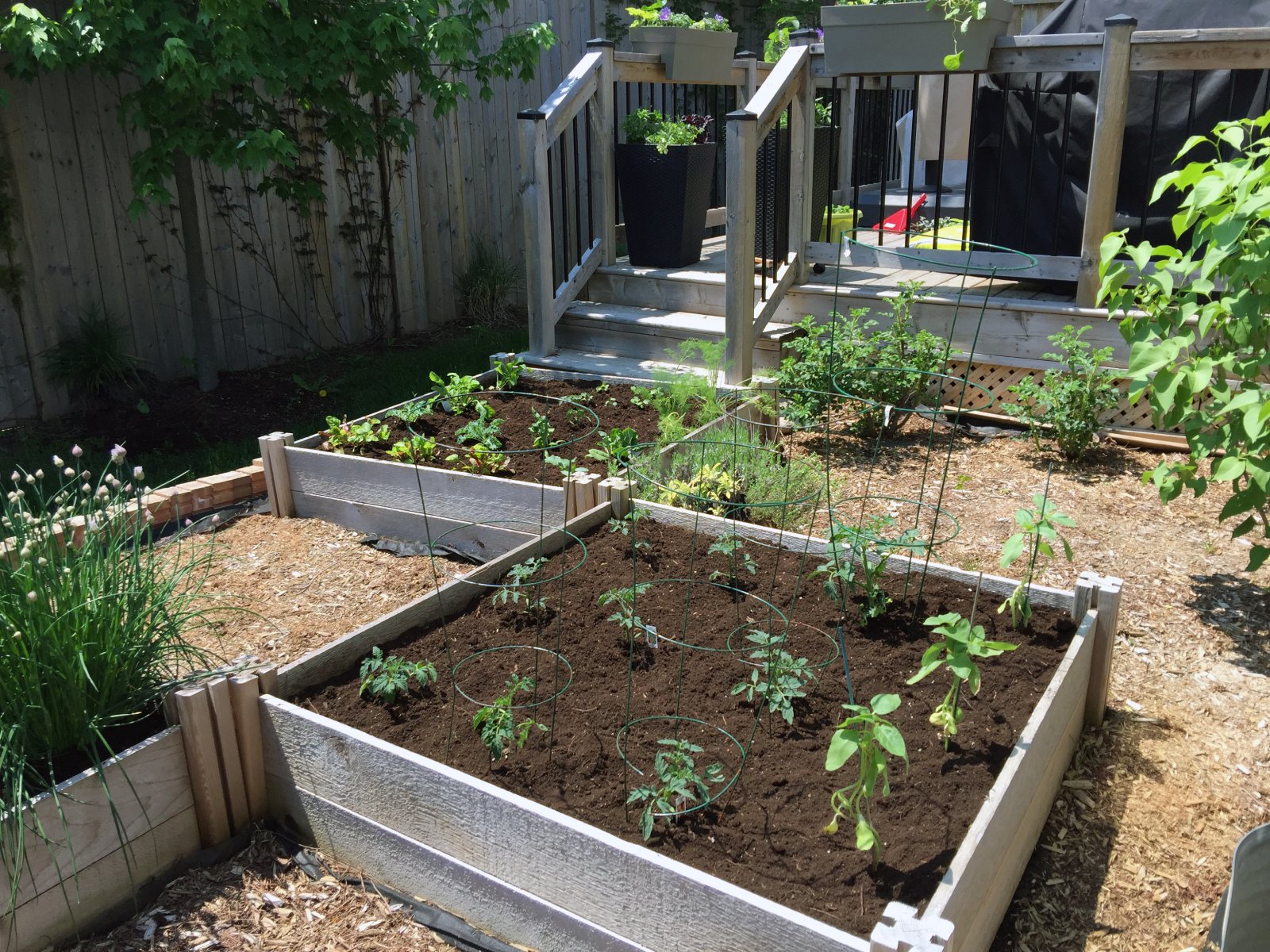
Applying mulch conserves soil moisture, reduces weed growth, and improves soil health. It also helps moderate soil temperature.
7. Install a Drip Irrigation System
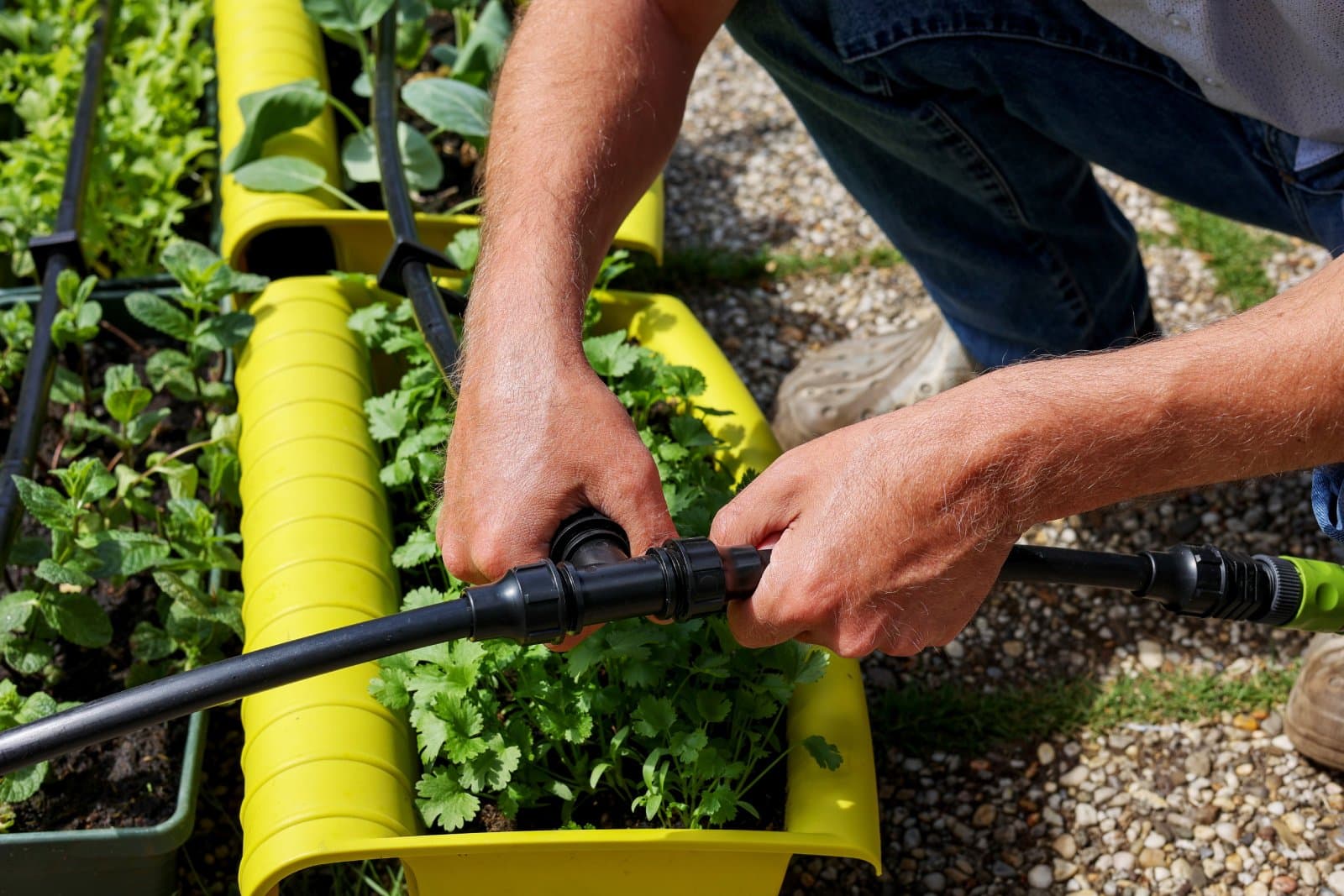
Drip irrigation systems use less water than traditional sprinklers. They deliver water directly to plant roots, reducing evaporation and runoff.
8. Build Raised Beds
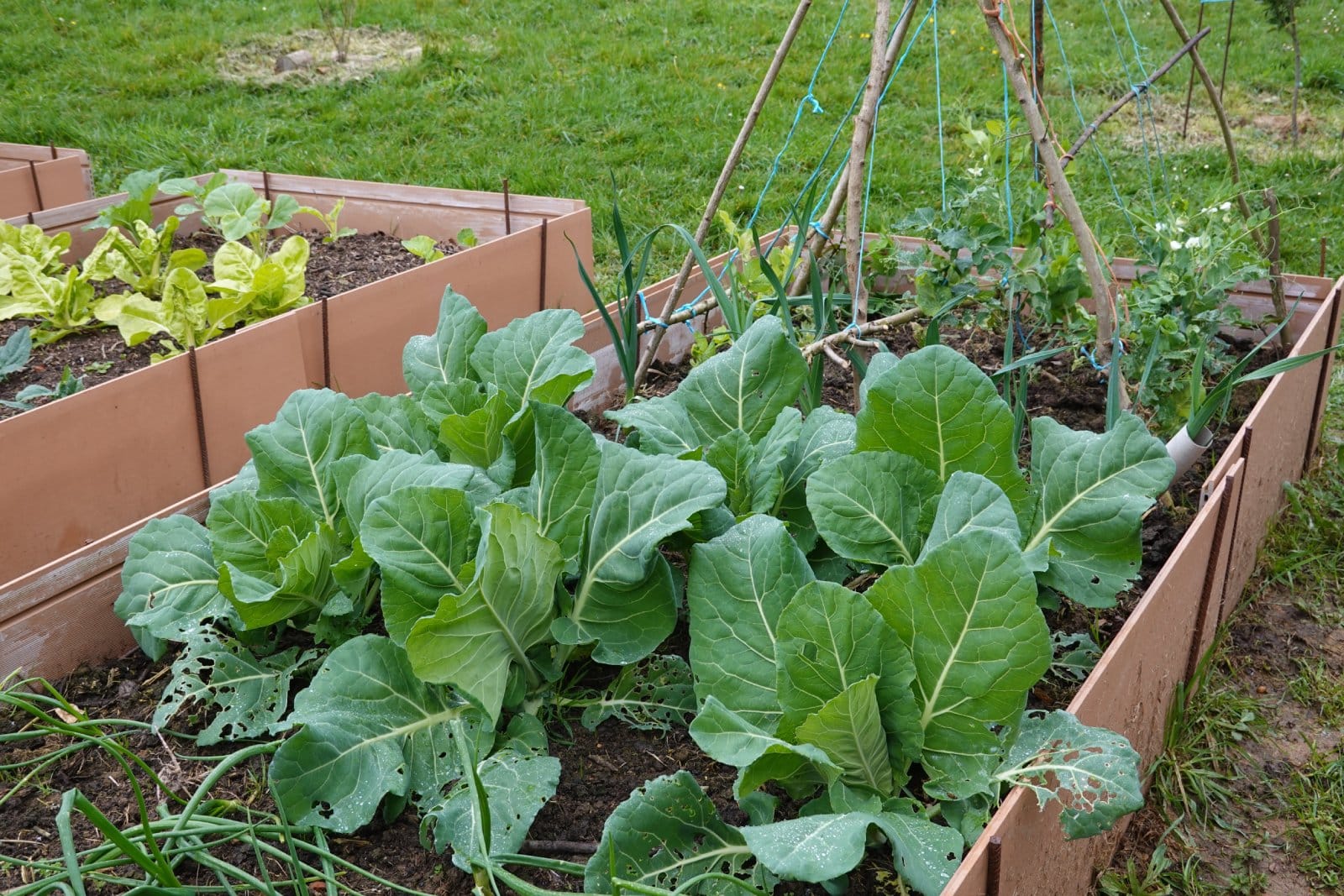
Raised garden beds improve soil drainage and reduce soil compaction. They also make gardening easier on your back and knees.
9. Practice Crop Rotation

Rotating crops prevents soil depletion and reduces the risk of pests and diseases. It also helps maintain soil fertility.
10. Use Organic Fertilizers
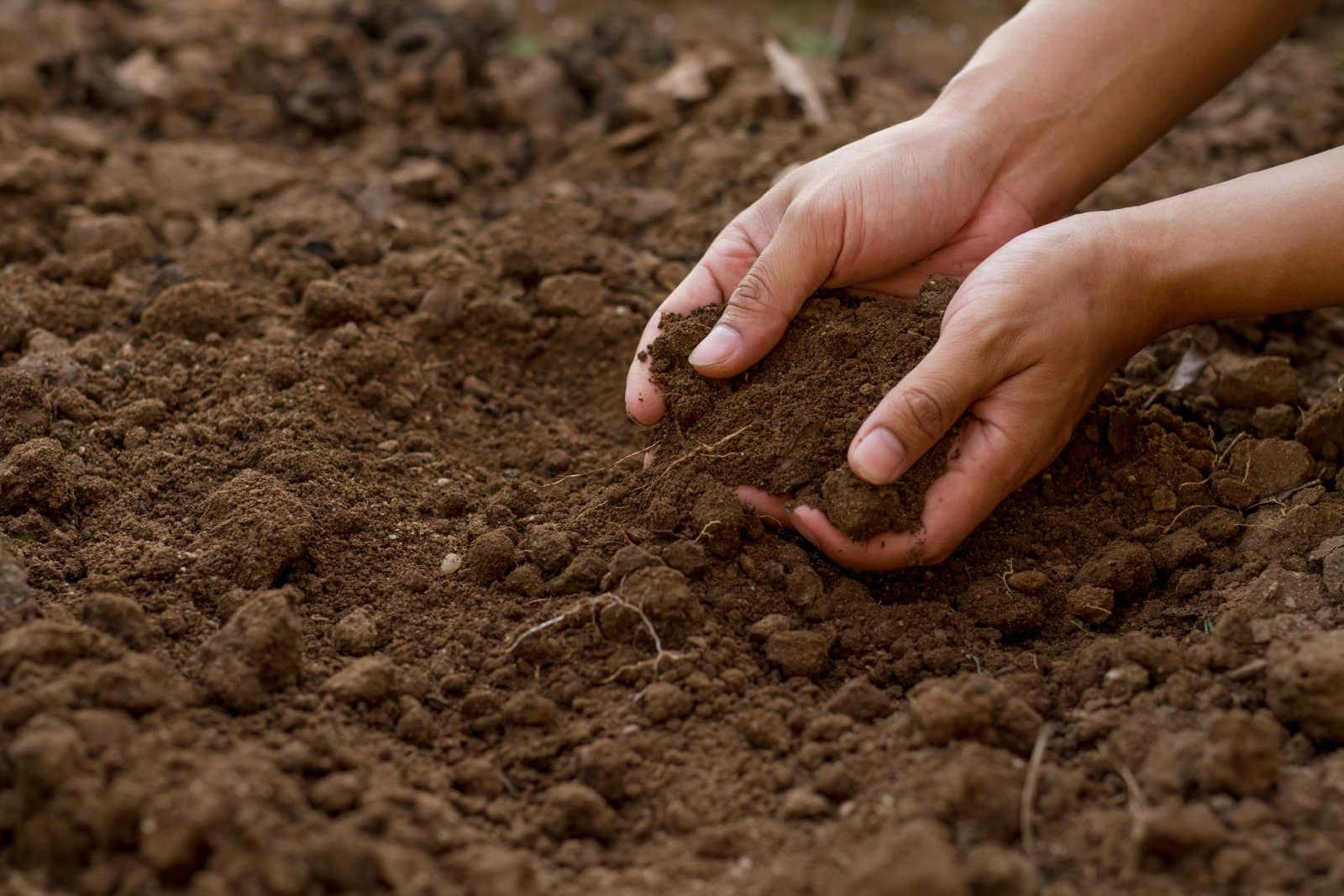
Organic fertilizers improve soil structure and fertility without harmful chemicals. They release nutrients slowly, providing a steady supply for plants.
11. Implement Companion Planting
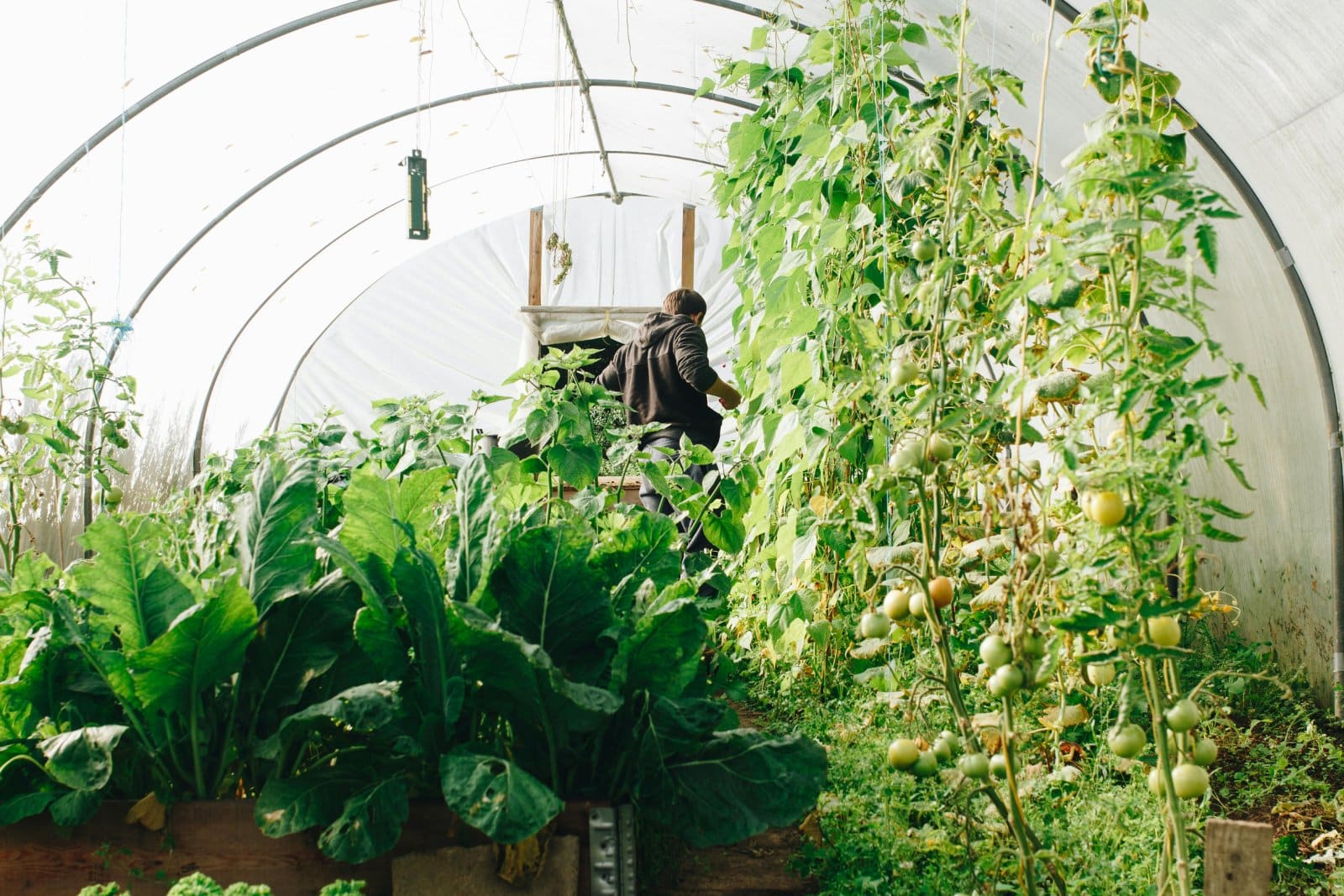
Certain plants benefit from being planted together. Companion planting can improve growth, repel pests, and enhance flavor.
12. Install Solar Lights
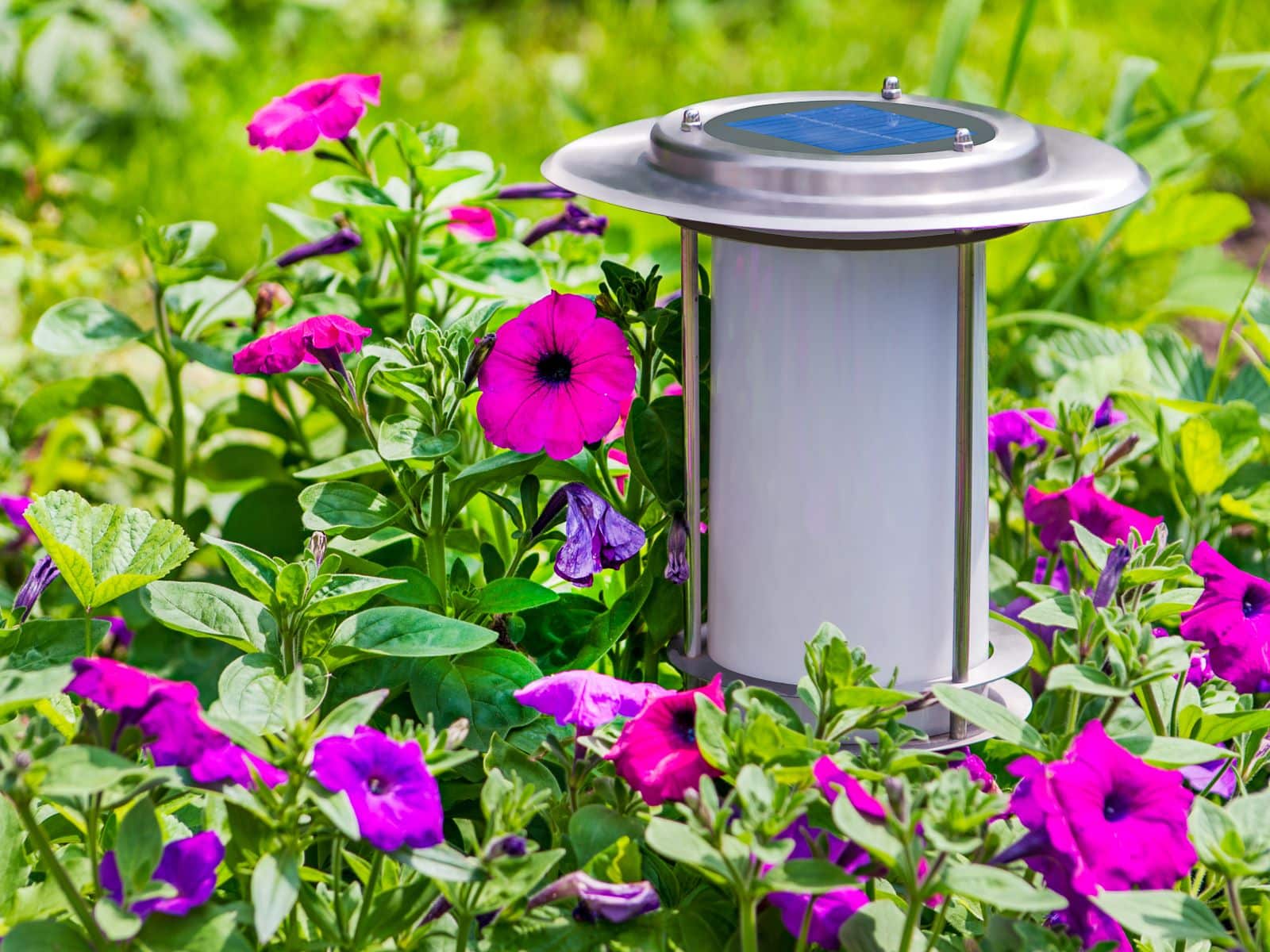
Solar-powered garden lights are energy-efficient and reduce electricity costs. They also add a charming ambiance to your garden.
13. Create a Wildlife Habitat
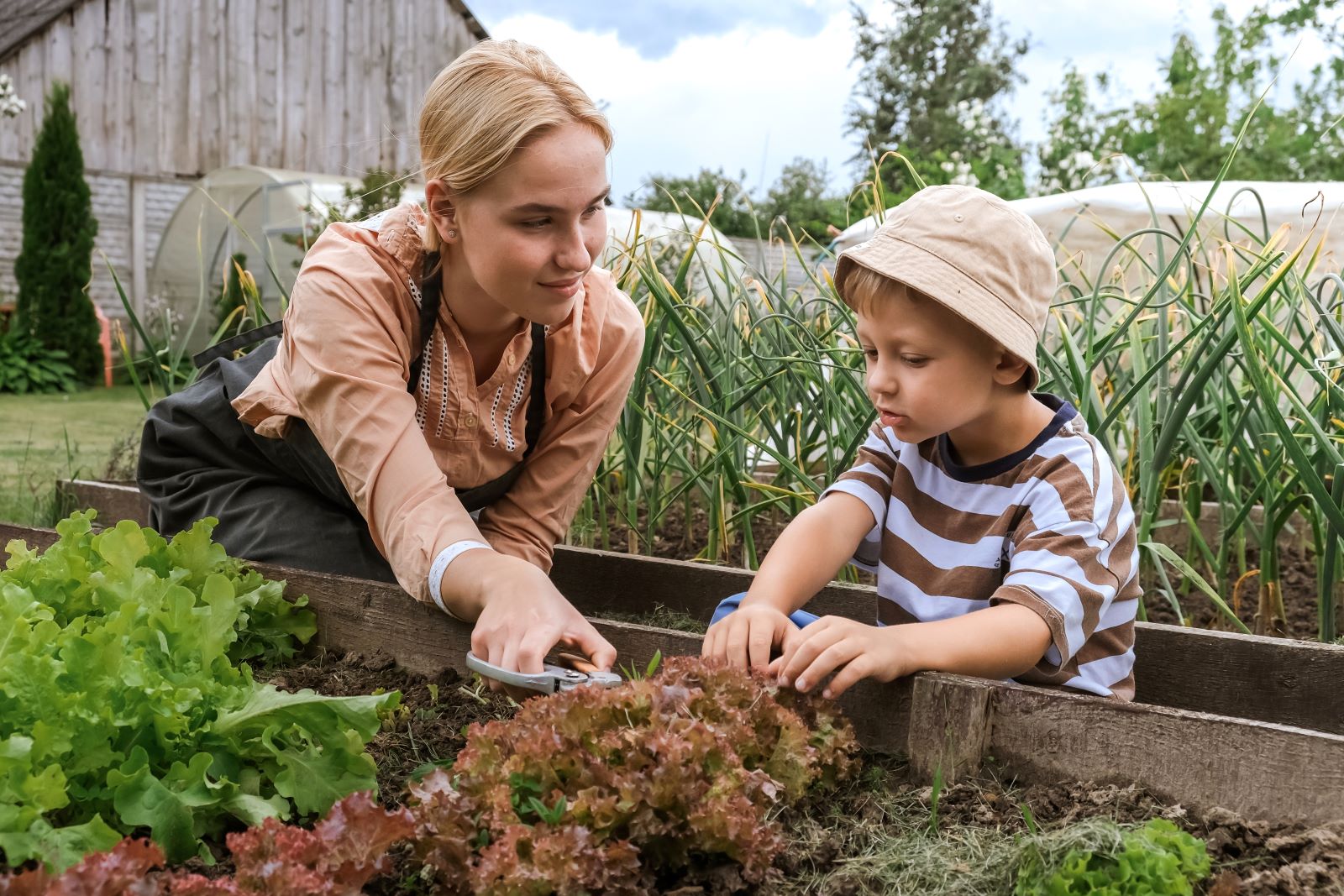
Provide food, water, and shelter for local wildlife. A diverse garden ecosystem supports birds, insects, and small animals.
14. Use Permeable Paving
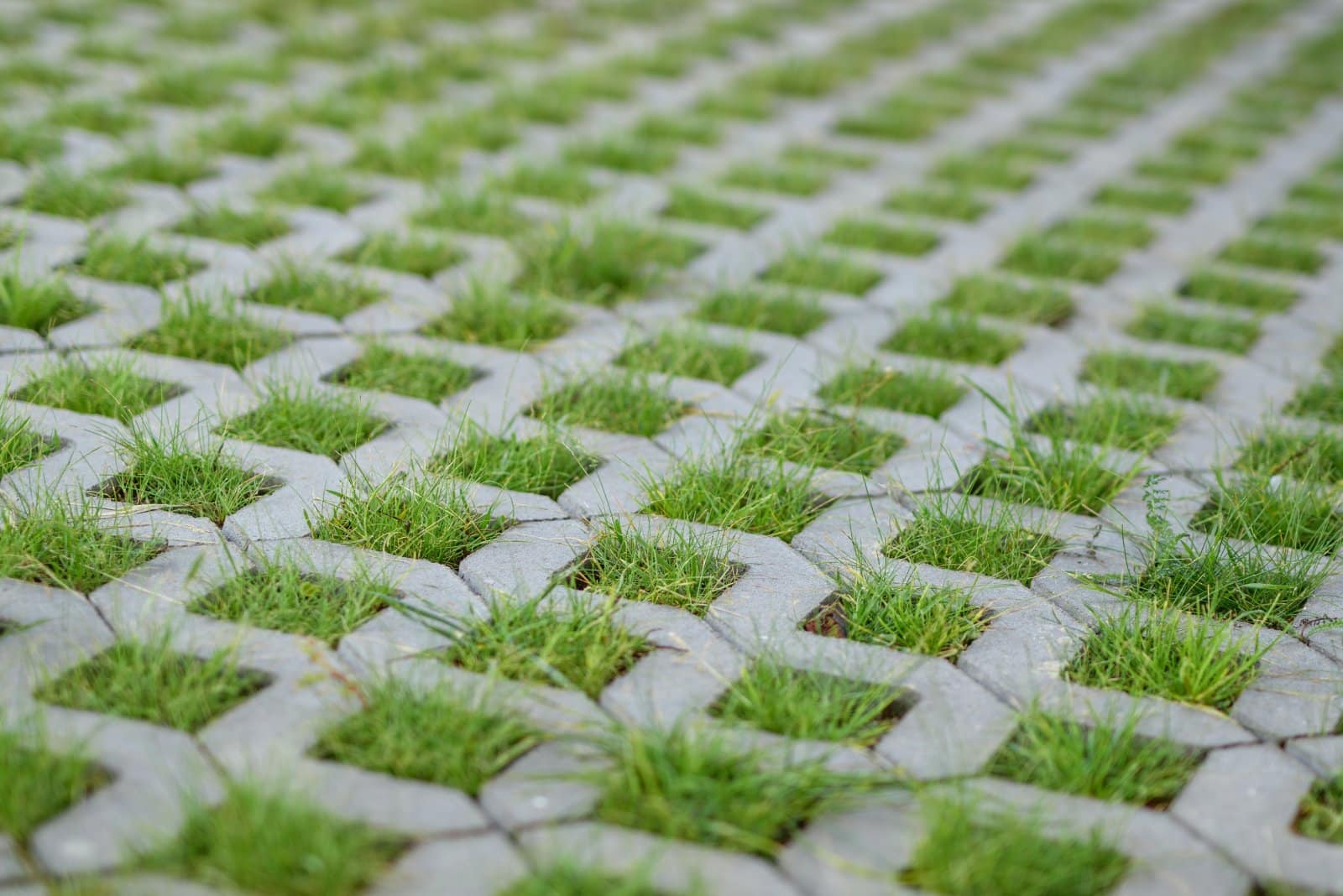
Permeable paving materials allow rainwater to seep into the ground. This reduces runoff and helps replenish groundwater supplies.
15. Reduce Lawn Size

Lawns require a lot of water, fertilizer, and maintenance. Replace parts of your lawn with native plants, ground covers, or edible gardens to save resources.
16. Recycle Garden Waste

Use leaves, grass clippings, and other garden waste as mulch or compost. This recycles nutrients back into your garden and reduces waste.
17. Grow Perennials

Perennials return year after year, reducing the need for replanting. They also help maintain soil structure and provide continuous habitat for wildlife.
18. Create a Shade Garden
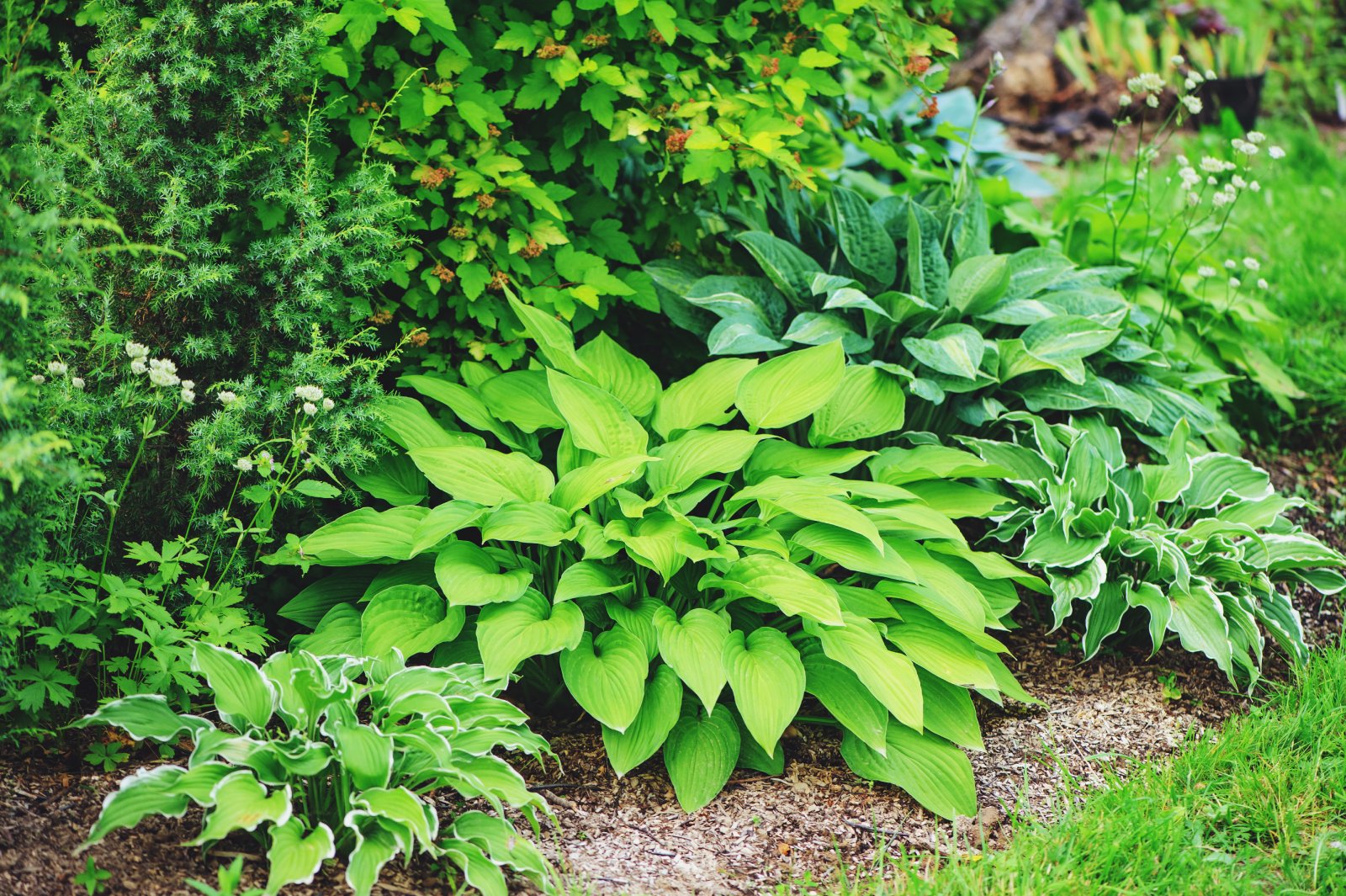
Planting trees and shrubs to create shaded areas can lower your home’s cooling costs. Shade gardens also provide a cool retreat during hot weather.
19. Use Greywater
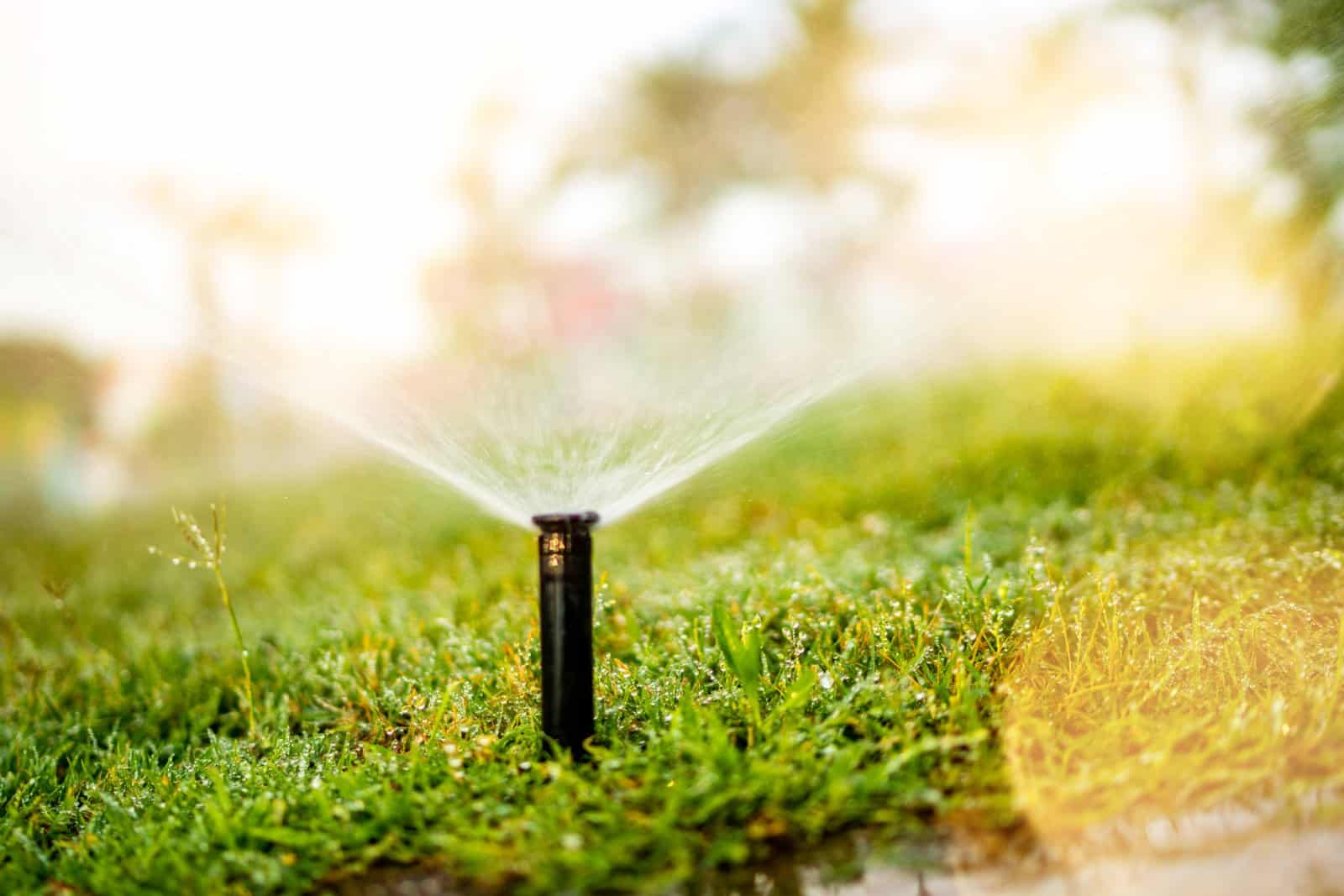
Recycle greywater from sinks, showers, and washing machines for garden irrigation. This reduces fresh water usage and saves money.
20. Avoid Chemical Pesticides
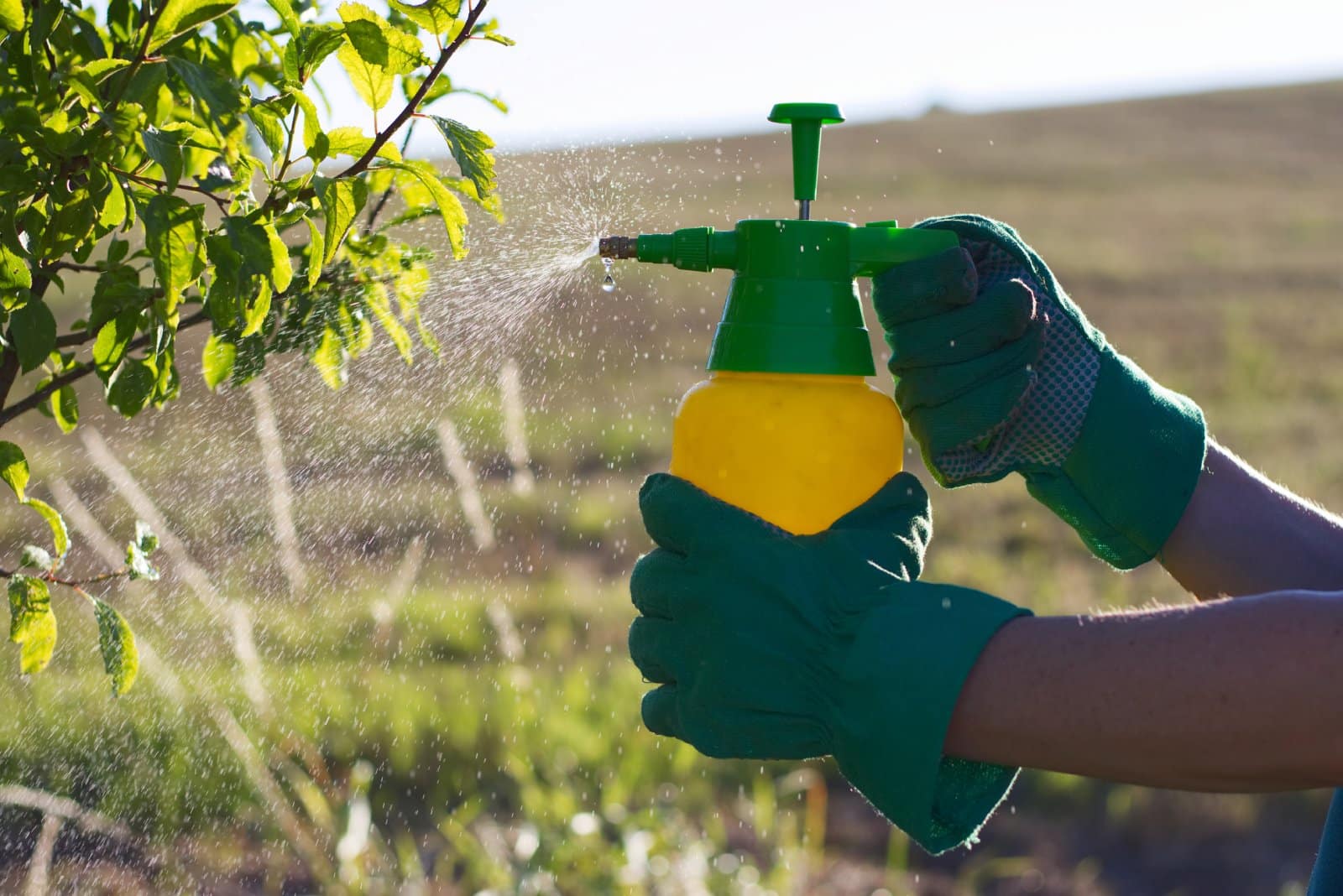
Opt for natural pest control methods like neem oil, diatomaceous earth, or beneficial insects. This protects the health of your garden and the environment.
21. Install Windbreaks
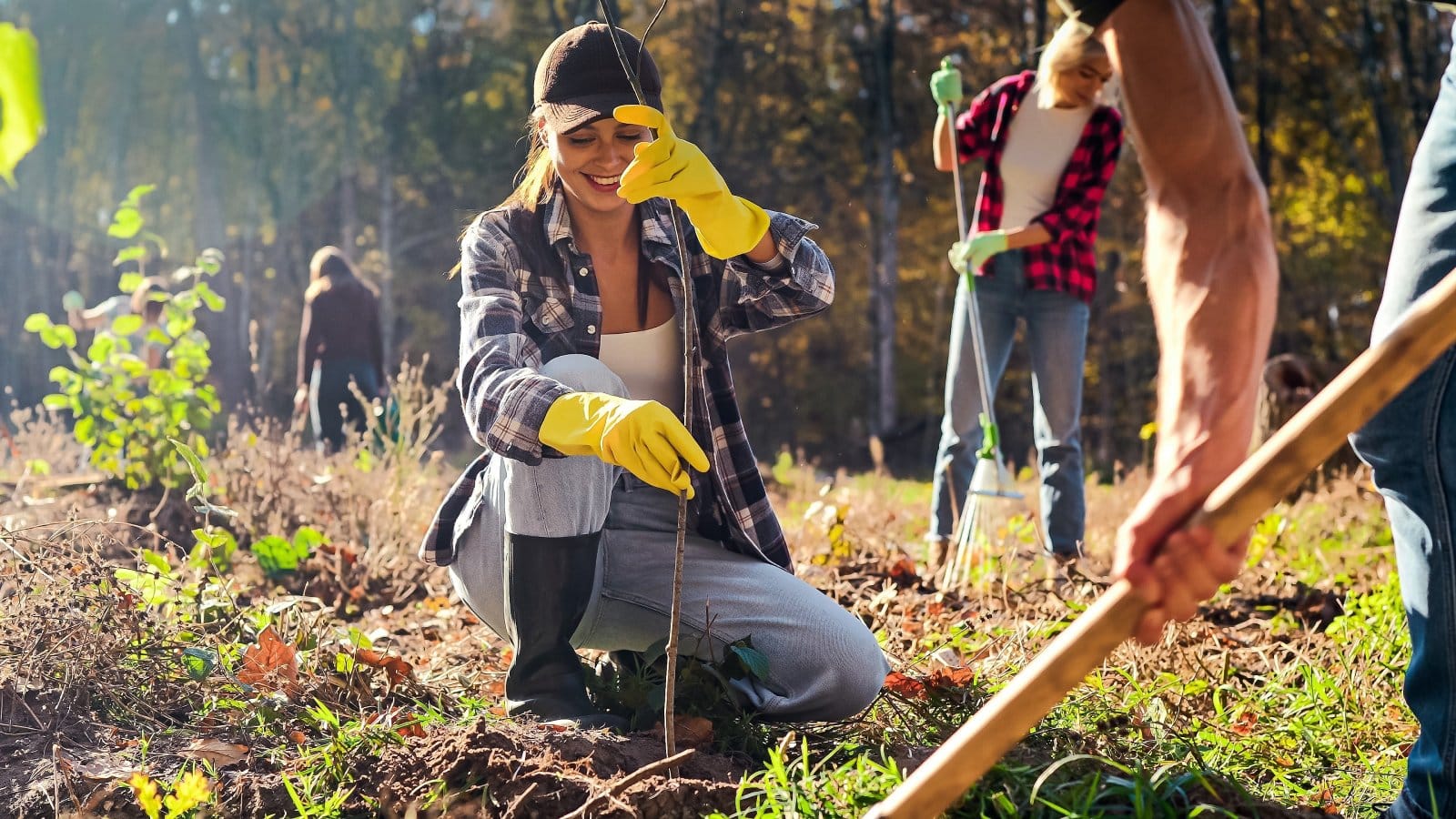
Planting trees and shrubs as windbreaks can reduce heating costs by blocking cold winds. They also protect your garden from wind damage.
22. Grow Vertical Gardens
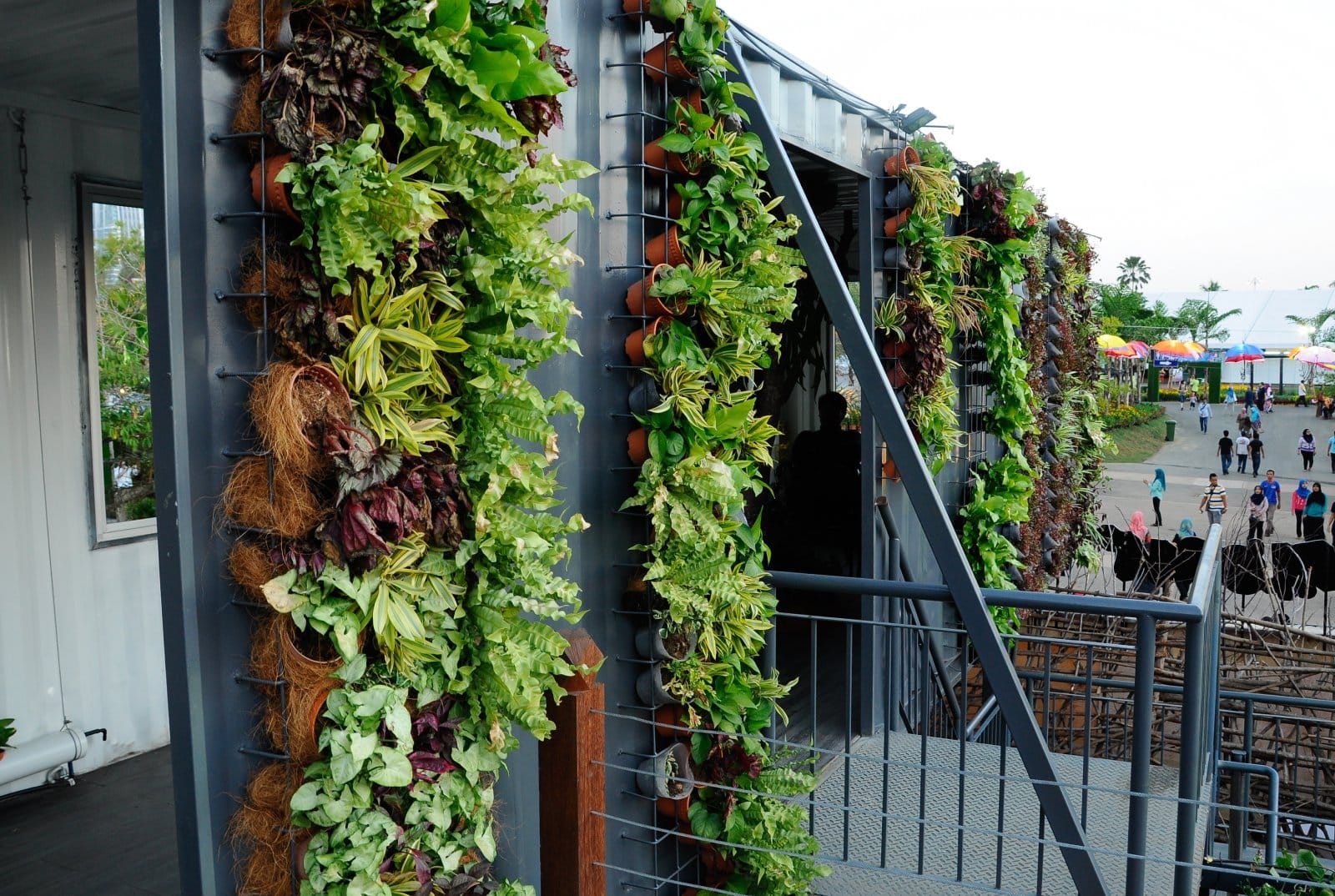
Vertical gardens maximize space and can be grown on walls, fences, or trellises. They’re ideal for small spaces and add visual interest.
23. Choose Drought-Resistant Plants
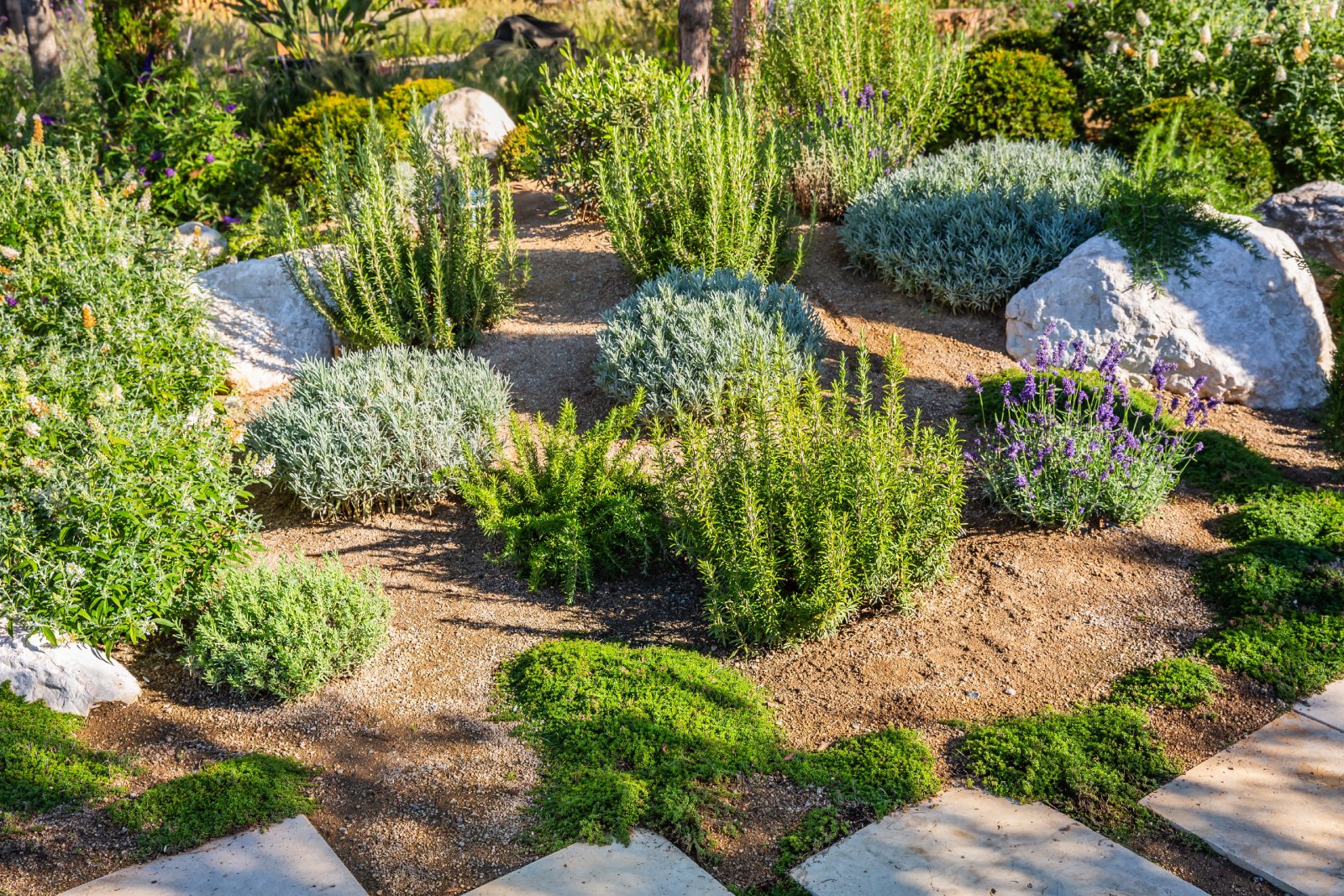
Drought-resistant plants need less water, making them ideal for dry climates. They help conserve water and reduce maintenance.
24. Create a Green Roof
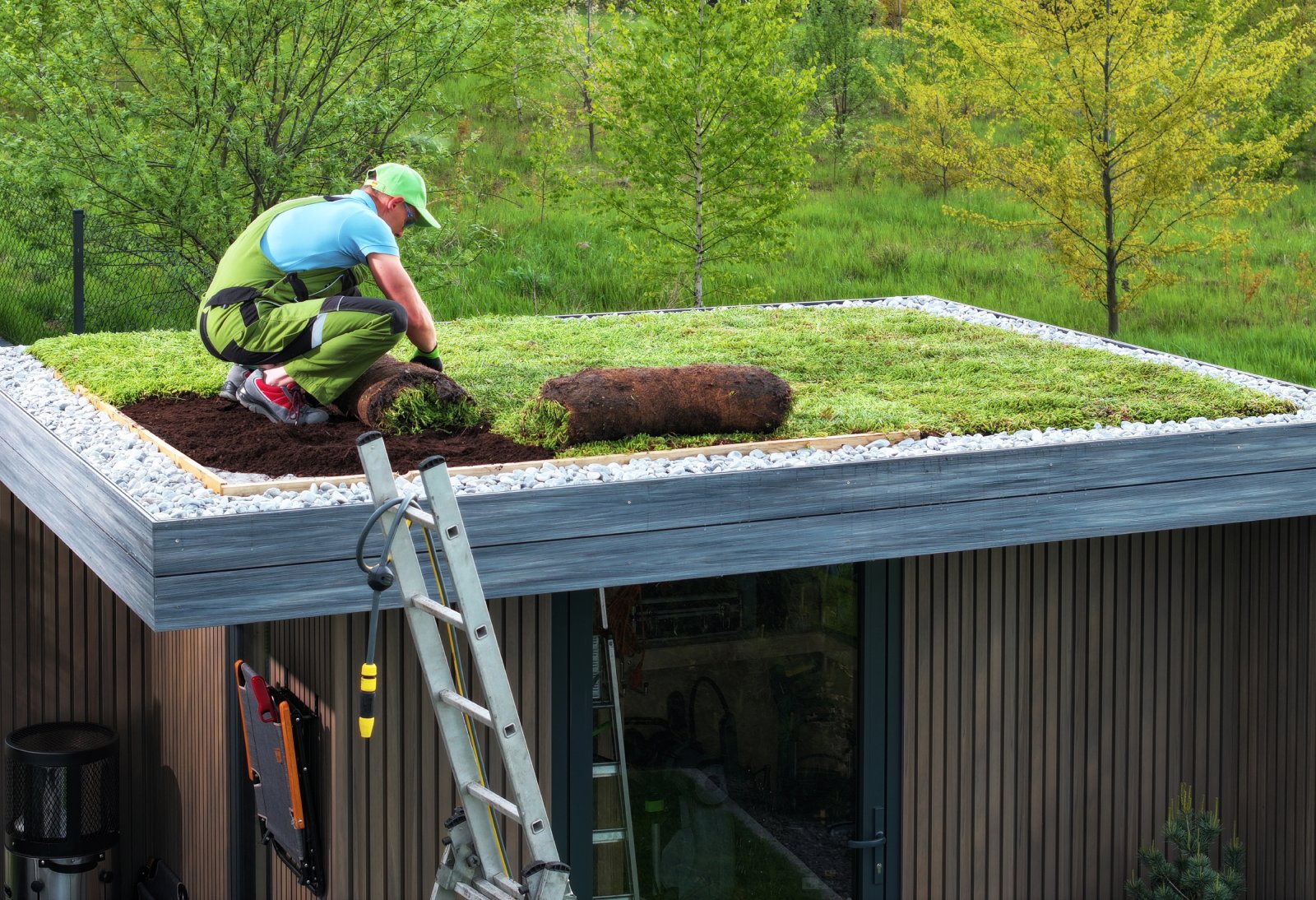
Green roofs provide insulation, reduce stormwater runoff, and improve air quality. They also create additional green space in urban areas.
25. Educate and Involve Your Family

Teaching your family about sustainable gardening practices fosters a sense of responsibility. Involve everyone in garden activities to make it a collective effort.
Growing a Greener Future
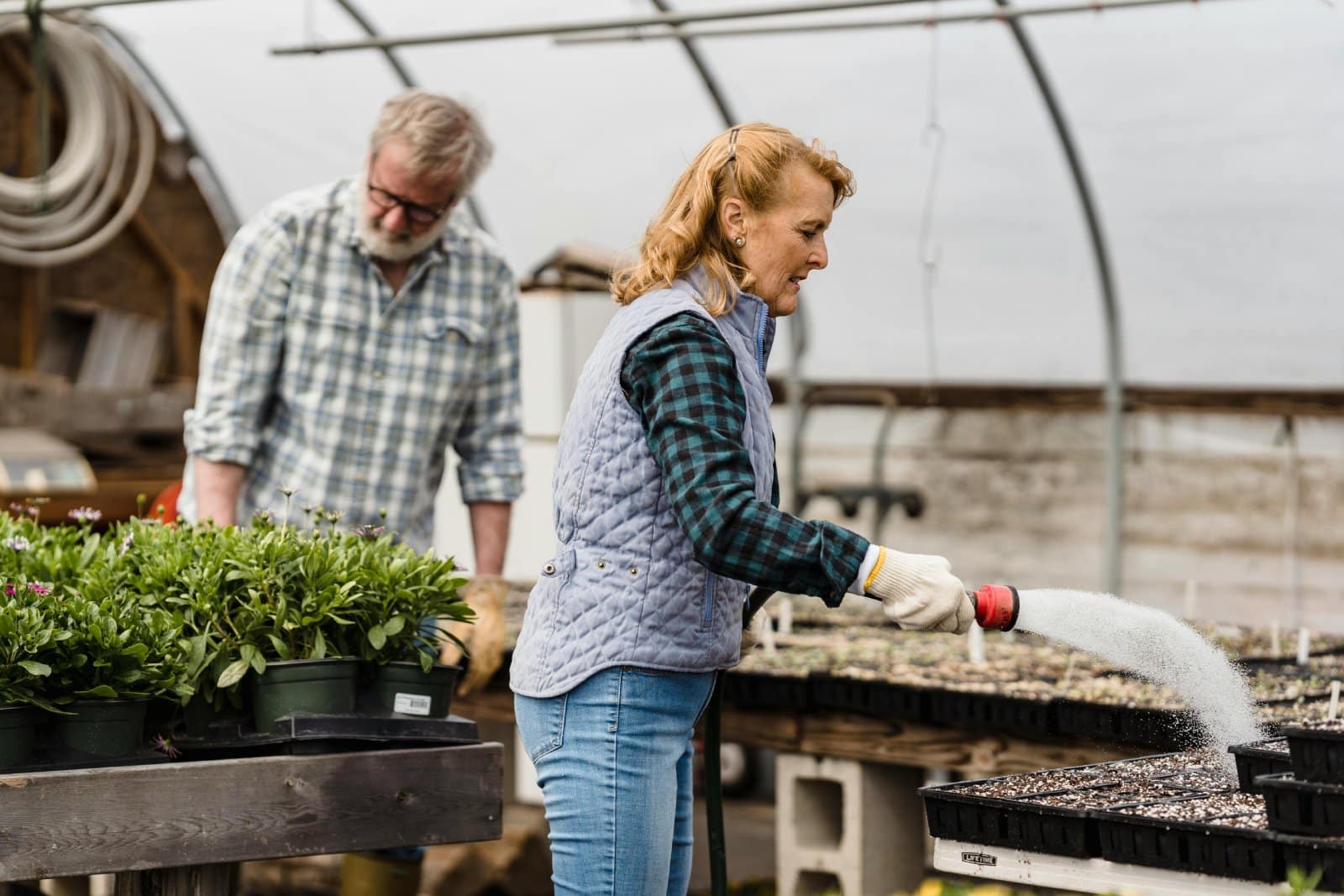
Your garden can be a powerhouse of sustainability with the right practices. From saving water to reducing waste, these smart strategies help the environment and enhance your home’s efficiency. Start implementing these tips today and watch your garden and home thrive.
Featured Image Credit: Shutterstock / KOTOIMAGES.
The content of this article is for informational purposes only and does not constitute or replace professional advice.
The images used are for illustrative purposes only and may not represent the actual people or places mentioned in the article.
For transparency, this content was partly developed with AI assistance and carefully curated by an experienced editor to be informative and ensure accuracy.

